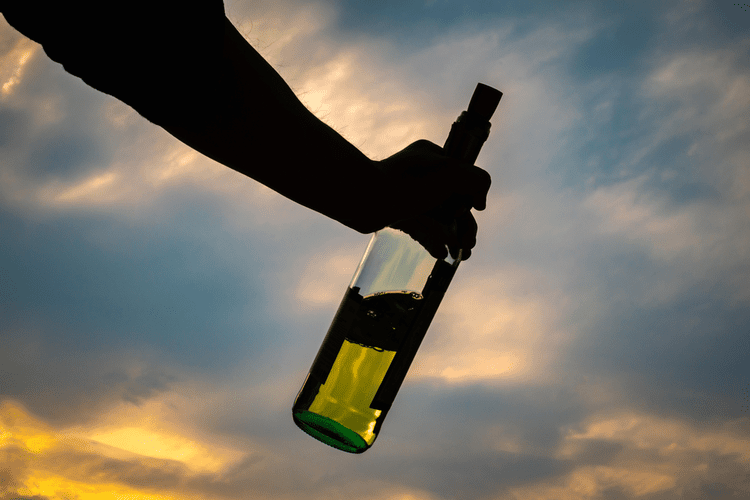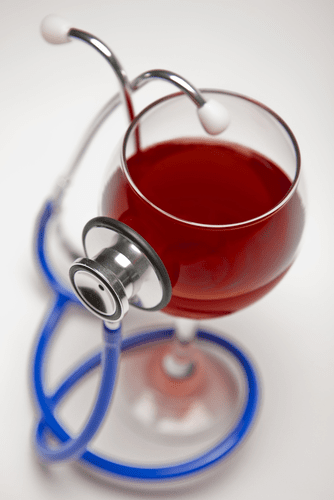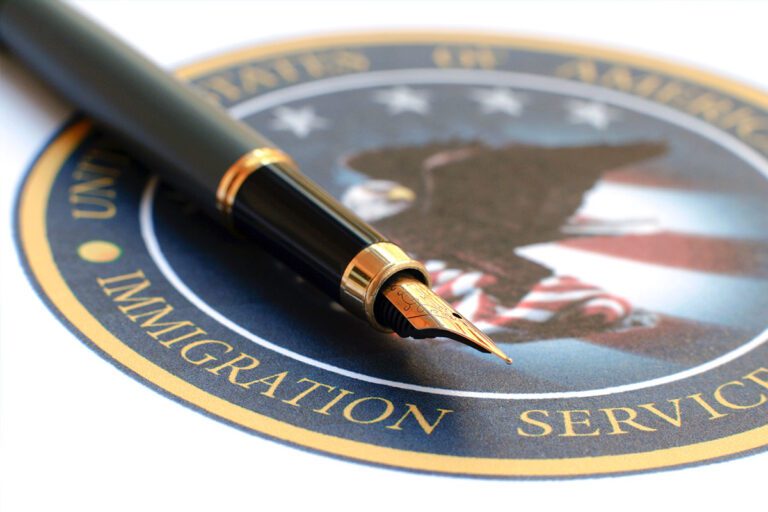For some people, it’s best to get professional help when creating your reduction plan. To stop drinking alcohol, you first need to understand your relationship with drinking. From there, you may need social support, consistent self-care, and new routines that can help redirect your mind. Once you’ve cut back on your drinking (so you’re at or below the recommended guidelines), examine Drug rehabilitation your drinking habits regularly to see if you’re maintaining this level of drinking. Some people attain their goal only to find that old habits crop up again later.
Plan for triggers and cravings
Although quitting entirely is the best path to wellness, reducing or eliminating the most harmful substance use or behavior is a huge improvement and will greatly reduce the harm caused. Instead, these are groups of people who have alcohol use disorder. Examples include Alcoholics Anonymous, SMART Recovery, and other programs.
Professional resources and helplines for alcohol treatment and recovery
To determine whether—and where—you fall in the alcohol use disorder (AUD) spectrum, answer the following questions. Crystal Raypole has previously worked as a writer and editor for GoodTherapy. Her fields of interest include Asian languages and literature, Japanese translation, cooking, natural sciences, sex positivity, and mental health. In particular, she’s committed to helping decrease stigma around mental health issues. You might run how to overcome alcoholism into obstacles along the way that tempt you to drink.

Managing alcohol cravings
Consider taking a class, volunteering, or attending events in your community to meet new people who can support you. https://dev-freelancerjustin95.pantheonsite.io/the-predictive-influence-of-youth-assets-on/ Alcohol recovery is a process—one that often involves setbacks. A drinking relapse doesn’t mean you’re a failure or that you’ll never be able to reach your goal. Each drinking relapse is an opportunity to learn and recommit to sobriety, so you’ll be less likely to relapse in the future. Make a note about how you feel physically and mentally on these days—recognizing the benefits may help you to cut down for good.
Setting Healthy Boundaries in Relationships
These changes in the brain also affect impulse control and judgment, which makes quitting that much more challenging. The one that’s right for you depends on your situation and your goals. Many people find that a combination of treatments works best, and you can get them together through a program.
Some of these are inpatient or residential programs, where you stay at a treatment center for a while. Others are outpatient programs, where you live at home and go to the center for treatment. An important first step is to learn more about alcohol use disorder and your treatment options. Quitting alcohol cold turkey isn’t an easy feat to achieve, and it doesn’t happen overnight. For many people, recovery is a slow process, and drinking less can be a great way to start.

Your peers can offer understanding and advice and help keep you accountable. Changing old habits also means making an effort to build a sober social network. It is essential to have sober friends who will support your recovery journey.
Get online support.
Good alcohol treatment prepares you for these challenges, helping you develop new coping skills to deal with stressful situations, alcohol cravings, and social pressure to drink. Support can come from family members, friends, counselors, other recovering alcoholics, your healthcare providers, and people from your faith community. Whether you choose to tackle your alcohol addiction by going to rehab, getting therapy, or taking a self-directed treatment approach, support is essential. Recovering from alcohol addiction or abuse is much easier when you have people you can lean on for encouragement, comfort, and guidance. Are you ready to quit drinking or cut down to healthier levels?

Avoiding drinking triggers
- Even drinking moderately can sometimes leave you feeling unwell, groggy, or hungover.
- Satisfying hobbies can distract you from wanting to drink, but they also help you relax — something everyone needs to do.
- We’ll walk you step-by-step through an addiction recovery plan so you can start changing your life for the better today.
- You can also benefit from the shared experiences of the group members and learn what others have done to stay sober.
- Spending time with people who understand what you are experiencing can be healing.
- Loneliness can be a difficult thing to move through espeically if you drink to ease the pain.
We do not offer individual medical advice, diagnosis or treatment plans. For personal advice, please consult with a medical professional. You may not need to completely reinvent your life to quit drinking, but making a few changes in your surroundings to help avoid alcohol triggers can make a big difference. Talk with a doctor to learn more about the safest ways to quit drinking alcohol. You can also learn about the options for in-patient recovery in this article.








